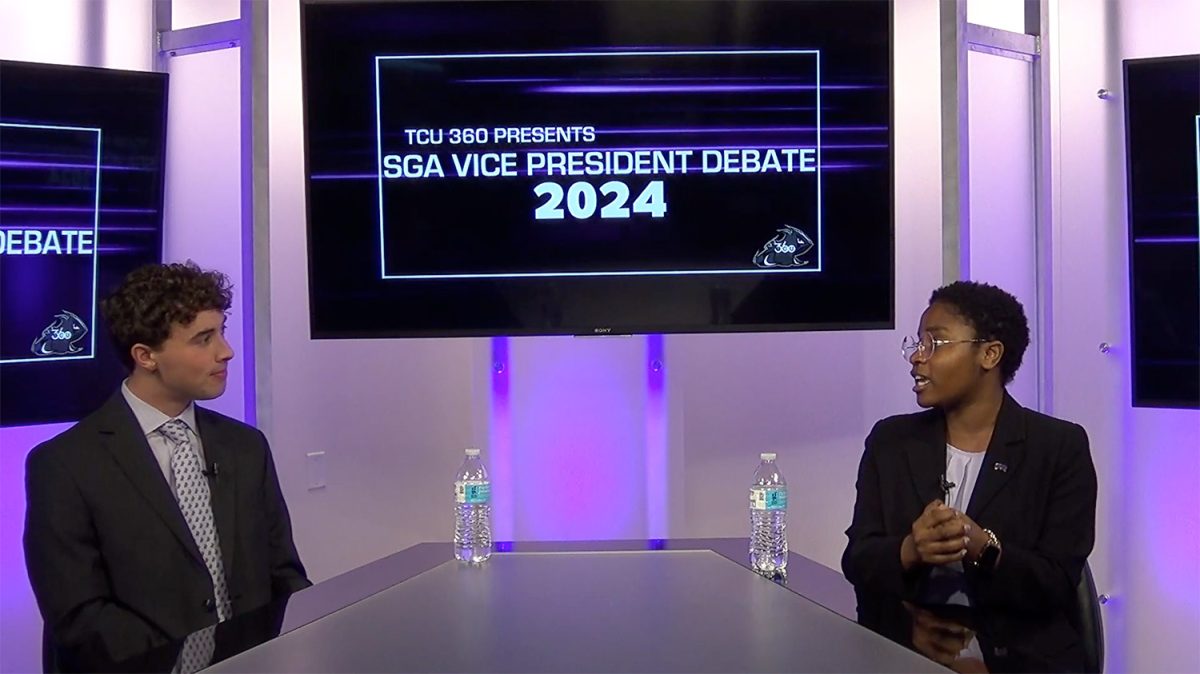One’s speech is often a heavily judged part of who they are. It is filled with assumptions. Many may assume when someone doesn’t pronounce something the same as them, they are less educated. Or, when people use big words, others assume they are extremely well educated.
It’s human nature to make assumptions based on generalized stereotypes, but it’s especially dangerous to do when you are using it to base your political decisions on.
One of the most notable stereotypes when it comes to speech is the southern accent- as many associate it with being uneducated.
Exhibit A: President George W. Bush.
He used simple diction and pronounced America, “murica. He was not only made fun of for it, but was accused of being uneducated. Newsflash– this man went to Yale and Harvard and is probably more well read than you and I ever will be. But, many judged him for his speech nonetheless– a shame.
President Barack Obama, on the other hand, had speaking skills on his side. He would cry while talking about gun violence, change his tone of voice and convey deep emotion and big ideas with simple pauses. He was good– no, he was a great public speaker. And the danger in that– well his speaking was so good it did not quite matter what he said.
On the other side of things, President Donald Trump is also remembered for his speaking, but not exactly for the same reasons as Obama.
Trump, like Bush, uses simple words (okay a BIT more simple than Bush). He also loves to add simple adjectives like crooked, lyin’ and little to add emphasis to points he wants to make.
His language can be harsh and brash, but it’s powerful because of that. While much of America loved his speeches because of his relatable diction and unpredictable words, others despised him for it. The problem is that people (on both sides) made decisions about him based on how they remembered him after a speech (or Tweet), not for the substance.
Now, let’s look good ol’ HRC. Hillary Clinton had the name, she had the female empowerment and she had the experience. What more could a girl need? Well, a great speech might have helped.
We all know Clinton doesn’t always make the smartest decisions, but it can’t be ignored that she is smart, experienced and well-educated. However, her extensive experience and knowledge doomed her speeches. Her speeches jumped from idea to idea, making them hard to follow and difficult to take away exactly what she was going to do.
Whereas with Trump, you knew he was going to build the wall after just one line of a speech. At the end of a Clinton speech if you weren’t already a passionate supporter, you might like her but besides vague ideas- you might not care. And many people didn’t care, as almost half of America’s eligible voters did not even vote in the 2016 Presidental election.
Now, at the end of the day, I am not saying that public speaking and diction don’t matter at all. I’m simply suggesting that voters need to look at the candidate as a whole and not vote based on their opinion of a speech.





